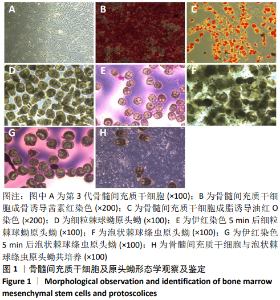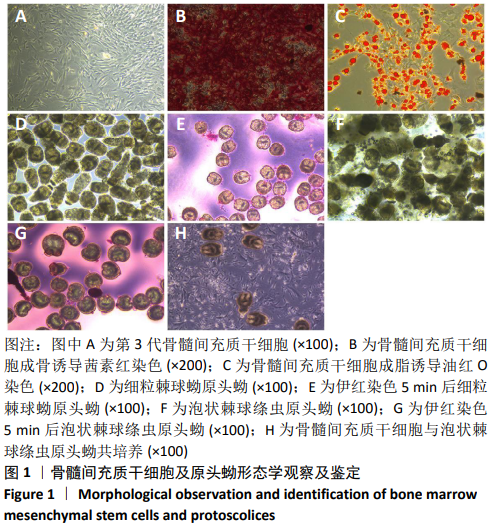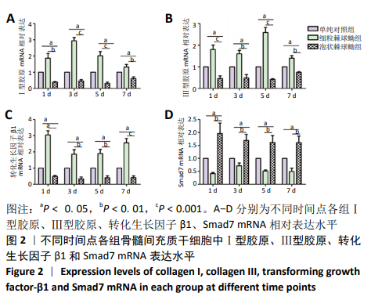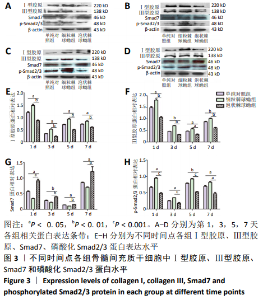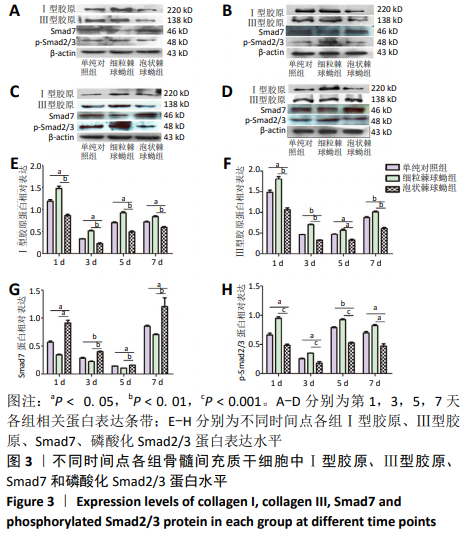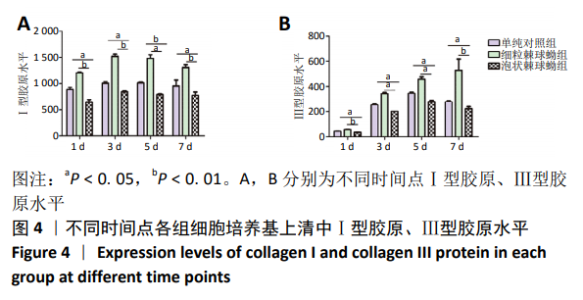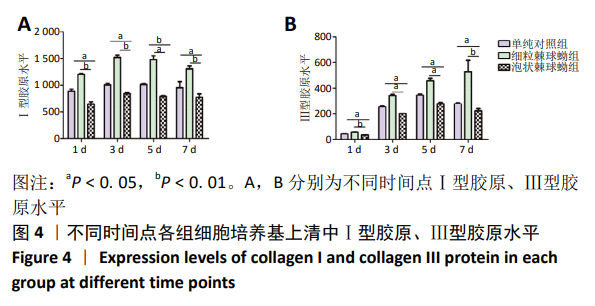[1] LI T, ITO A, NAKAYA K, et al. Species identification of human echinococcosis using histopathology and genotyping in northwestern China. Trans R Soc Trop Med Hyg. 2008;102(6):585-590.
[2] 汪志伟,李强,柴琛. 肝泡状棘球蚴病1例报告[J]. 临床肝胆病杂志, 2016,32(11):2175-2176.
[3] TUXUN T, APAER S, MA HZ, et al. The Potential Role of Th9 Cell Related Cytokine and Transcription Factors in Patients with Hepatic Alveolar Echinococcosis. J Immunol Res. 2015;2015:895416.
[4] COQUE TM, WILLEMS R, CANTÓN R, et al. High occurrence of esp among ampicillin-resistant and vancomycin-susceptible Enterococcus faecium clones from hospitalized patients. J Antimicrob Chemother. 2002;50(6):1035-1038.
[5] CZERMAK BV, AKHAN O, HIEMETZBERGER R, et al. Echinococcosis of the liver. Abdom Imaging. 2008;33(2):133-143.
[6] HERZOG EL, CHAI L, KRAUSE DS. Plasticity of marrow-derived stem cells. Blood. 2003;102(10):3483-3493.
[7] HOLTORF HL, JANSEN JA, MIKOS AG. Flow perfusion culture induces the osteoblastic differentiation of marrow stroma cell-scaffold constructs in the absence of dexamethasone. J Biomed Mater Res A. 2005;72(3): 326-334.
[8] BERNARDO ME, EMONS JA, KARPERIEN M, et al. Human mesenchymal stem cells derived from bone marrow display a better chondrogenic differentiation compared with other sources. Connect Tissue Res. 2007; 48(3):132-140.
[9] LEE HY, HONG IS. Double-edged sword of mesenchymal stem cells: Cancer-promoting versus therapeutic potential. Cancer Sci. 2017; 108(10):1939-1946.
[10] MA S, XIE N, LI W, et al. Immunobiology of mesenchymal stem cells. Cell Death Differ. 2014;21(2):216-225.
[11] ZHANG Y, CAI W, HUANG Q, et al. Mesenchymal stem cells alleviate bacteria-induced liver injury in mice by inducing regulatory dendritic cells. Hepatology. 2014;59(2):671-682.
[12] KIM KK, SHEPPARD D, CHAPMAN HA. TGF-β1 Signaling and Tissue Fibrosis. Cold Spring Harb Perspect Biol. 2018;10(4):a022293.
[13] SHI Y, MASSAGUÉ J. Mechanisms of TGF-beta signaling from cell membrane to the nucleus. Cell. 2003;113(6):685-700.
[14] WANG X, ZHAO Z, ZHANG H, et al. Simultaneous isolation of mesenchymal stem cells and endothelial progenitor cells derived from murine bone marrow. Exp Ther Med. 2018;16(6):5171-5177.
[15] 张金辉,温浩,刘章锁,等.原发性肝泡球蚴动物模型的建立[J].中国局解手术学杂志,2000,9(1):11-13.
[16] YIN CM, SUEN WC, LIN S, et al. Dysregulation of both miR-140-3p and miR-140-5p in synovial fluid correlate with osteoarthritis severity. Bone Joint Res. 2017;6(11):612-618.
[17] LIVAK KJ, SCHMITTGEN TD. Analysis of relative gene expression data using real-time quantitative PCR and the 2(-Delta Delta C(T)) Method. Methods. 2001;25(4):402-408.
[18] NUNNARI G, PINZONE MR, GRUTTADAURIA S, et al. Hepatic echinococcosis: clinical and therapeutic aspects. World J Gastroenterol. 2012;18(13):1448-1458.
[19] VUITTON DA. The ambiguous role of immunity in echinococcosis: protection of the host or of the parasite? Acta Trop. 2003;85(2): 119-132.
[20] TANG Y, WU X, LEI W, et al. TGF-beta1-induced migration of bone mesenchymal stem cells couples bone resorption with formation. Nat Med. 2009;15(7):757-765.
[21] ASK K, BONNIAUD P, MAASS K, et al. Progressive pulmonary fibrosis is mediated by TGF-beta isoform 1 but not TGF-beta3. Int J Biochem Cell Biol. 2008;40(3):484-495.
[22] JOHNSTON EF, GILLIS TE. Transforming growth factor beta-1 (TGF-β1) stimulates collagen synthesis in cultured rainbow trout cardiac fibroblasts. J Exp Biol. 2017;220(Pt 14):2645-2653.
[23] KIM YJ, YOO SM, PARK HH, et al. Exosomes derived from human umbilical cord blood mesenchymal stem cells stimulates rejuvenation of human skin. Biochem Biophys Res Commun. 2017;493(2): 1102-1108.
[24] 张旭勇,夏杰,杨涛,等. TGFβR Ⅰ和TGFβR Ⅱ在肝泡状棘球蚴外囊壁中的表达[J].医学研究生学报, 2016, 29(1): 66-69.
[25] DEPLAZES P, RINALDI L, ALVAREZ ROJAS CA, et al. Global Distribution of Alveolar and Cystic Echinococcosis. Adv Parasitol. 2017;95:315-493.
[26] 荔童,张示杰.血管新生在肝泡球蚴浸润性生长中的作用[J].中国人兽共患病学报, 2014,30(10):1071-1074. |
